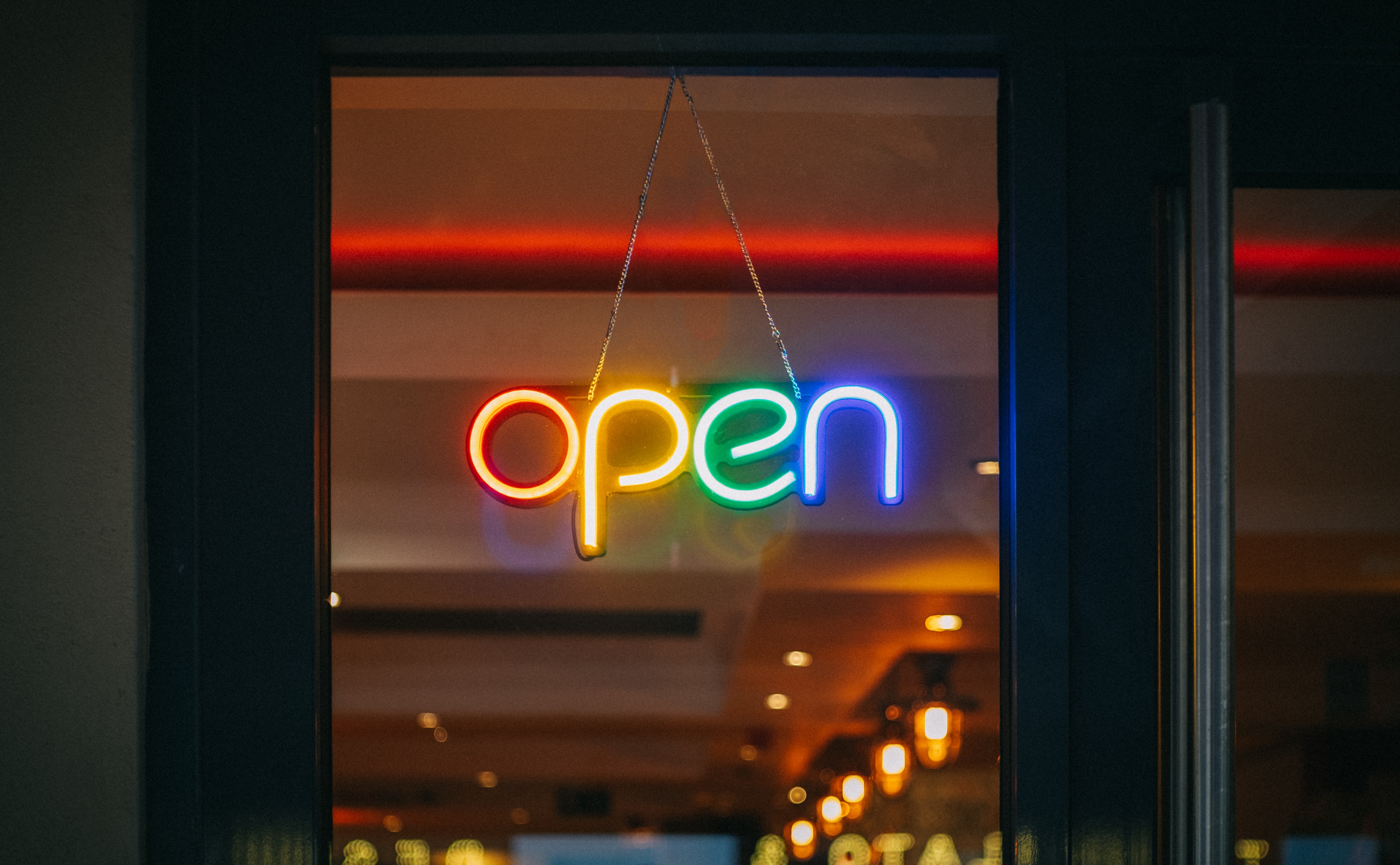
Where next for Open Banking? It’s all about the value.
Are consumers ready for Open Banking? When we speak to gambling operators, it is clear there remains some doubt around that subject. “Are people really going to agree to do this?” is a common (and fair) question.
The answer - broadly speaking - is ‘yes’.
The truth of the matter is that when consumers feel a need to engage with Open Banking, they are ready to do so. And as regulations around affordability in gambling become ever stricter, that time is coming soon.
Before getting into that, however, let’s take a step back and see how the land lies today - and why.
What is Open Banking?
If you’ve never heard of Open Banking, don’t feel too bad. Nor has half the population of the United States. Even here in the UK, where Open Banking has seen greater adoption, a mere 14% of consumers claim to “completely understand” the subject.
But in fact, Open Banking is relatively straightforward. In the context of this piece, it is simply the requirement for banks to share an individual’s financial information with third parties, and allow payments into and out of the relevant account, providing the individual themselves provides explicit consent.
That’s it.
More important is why it matters, and why the European Union saw fit to legislate for Open Banking through the Revised Payment Services Directive (PSD2), legislation that effectively continues to apply in the UK. To understand this, it is necessary to understand that financial data has value. Access to that data enables individuals, and third parties that work with those individuals, to provide financial services and make better decisions relating to that person’s financial situation.
In the past, that ability has been limited to banks themselves. And as you might expect in a monopolistic situation, they didn’t do a whole lot with it. In this world, if an individual wants to share financial data with a third party, they need to either provide paper bank statements or (please look away now if you care about data security) by sharing log-in details.
Open Banking changes this landscape. It allows financial details to be shared with the click of a button. It is the reason a whole host of new financial services companies are changing the way we buy insurance, the way we apply for credit, and yes - the way we prove affordability.
These businesses can provide these services because they are able to see financial data without the hassle (and danger) of the old-fashioned ways that data was shared. That’s Open Banking.
Why has adoption of Open Banking been ‘slow’ to date?
Despite all the above, there’s still a widespread feeling that Open Banking hasn’t cut through, and that adoption has been slow. See the statistics above for examples of this narrative.
But is that true?
The answer, and the answer to most interesting questions, is “yes and no”. It is fair to say that consumer adoption of Open Banking has not matched some of the wildly optimistic forecasts that were made when RSD2 came into effect.
But it is worth remembering that this happened in 2018, a mere three years ago. To claim that Open Banking is unpopular, solely because the majority of consumers have not adopted it in the space of 3 years, seems misguided.
In most cases this is simply because most of those consumers have never seen the need to engage with the product. Why would they? In marketing terms, “Open Banking” is not a benefit, and no consumers will adopt Open Banking until it becomes the easy way to get something done. Again, see the examples of Marshmallow and Credit Kudos we linked to above.
It turns out that if Open Banking means cheaper car insurance or a better chance of obtaining a loan, the hesitancy melts away into thin air. That is why 4 million UK residents are using Open Banking already: because they are using it to get something of meaningful benefit.
To be perfectly fair, that isn’t entirely the full story: there is a constituency of individuals (typically older, traditional high-street banking types) who will never be comfortable with Open Banking*. But I would hazard a guess that this constituency is significantly smaller than many assume, and will probably end up in the same ballpark as those who choose not to shop online due to security concerns.
I make that last analogy deliberately. Anything ‘new’ in this area will encounter user hesitancy. As it becomes normalised over time, and new generations of consumers grow up with it, that hesitancy will decline - just as it did with online shopping.
Why Open Banking will win
I am tempted at this point to reach for the simple but nevertheless true answer:
“Because the alternative sucks and users hate it”
In many situations when we really have to share financial data, existing processes are cumbersome, irritating and not secure. Nobody wants to download bank statements and then send them by email to a third party, with no way of rescinding access to them in the future. It takes time and it has all sorts of risks attached.
Open Banking, as an alternative, is faster, more secure, and puts the customer in control.
And it is important to remember that although these occasions are rare, most people do have to go through them at some stage. Sooner or later, Open Banking is going to be one of the ways to get something we want, and all the available evidence (including from our own trials) is that at this point a healthy percentage of customers say ‘yes’.
Elsewhere on this blog, we talk of the growing requirement to demonstrate affordability in gambling. To us, it feels clear that this regulatory pressure will be a key driver of Open Banking, and that consumers will appreciate how quickly and easily something that was painful and invasive can be. It is in this way - by making lives easier - that Open Banking will grow.
Before you know it we will be like South Korea - where 80 million people are already adopters of Open Banking.
*For this reason, ClearStake does not mandate Open Banking. The product works just as well if customers choose to share bank statements in the conventional way.








